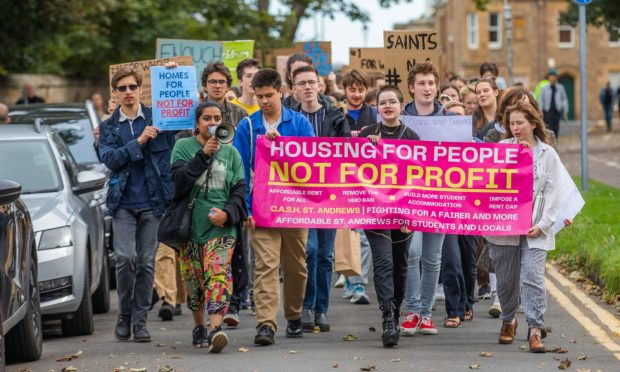Household factors such as access to outdoor space, overcrowding and unpredictability over finances and employment make some households significantly more vulnerable to the effects of Covid-19, according to a study carried out at St Andrews University.
Researchers found certain types of households are particularly at risk of both short and long-term problems and existing health and economic inequalities could be exacerbated.
Although Covid-19 health risks are concentrated in retirement-age households, the team found a large proportion of working-age households also face these risks.
Working-age households are more likely to face uncertainty over financial, housing and employment issues, according to the study, while retirement-age households often have health and digital hurdles to overcome.
The researchers also found households in London and Scotland were more vulnerable to digital and housing problems than other regions of the UK.
One of the lead authors, Dr Katherine Keenan, of the Population and Health Research Group at St Andrews University, said: “The findings imply that the short and long-term consequences of the Covid-19 crisis are likely to vary by household type.
“Policy measures that aim to mitigate the health and socio-economic consequences of the Covid-19 pandemic should consider how vulnerabilities cluster together across different household types, and how these may exacerbate already existing inequalities.”
The study examined data from around 19,500 households from a cross section of society across the UK.
Households were categorised into five types: single-parent households with children (15
years and under); working age (below state pension age) adult households with children; working age adult households without children; multi-generational households (i.e. at least one working age adult and one over state pension age, not
necessarily related); and retirement-age households, containing only those who are at least of state pension age.









